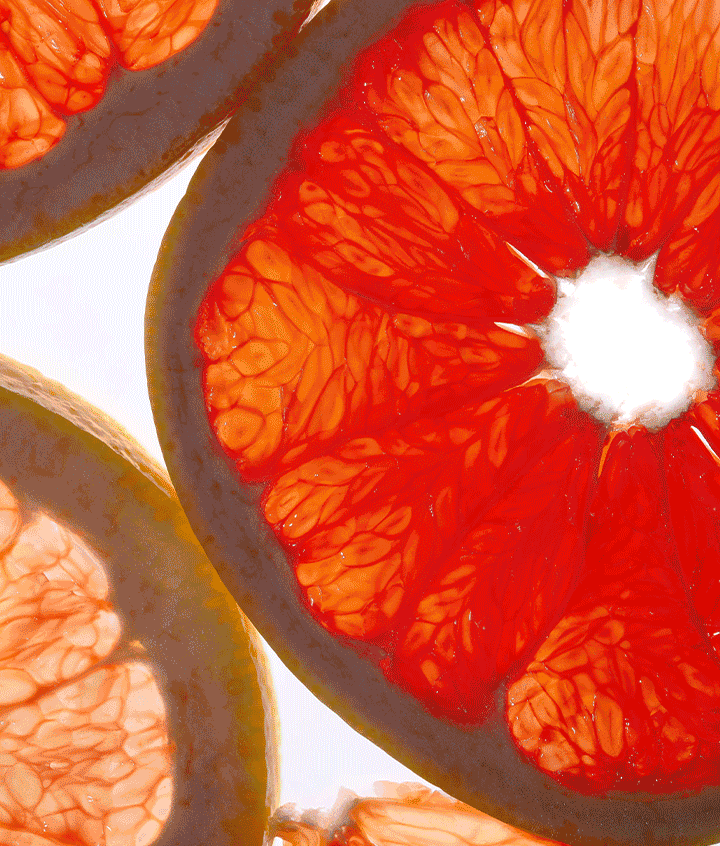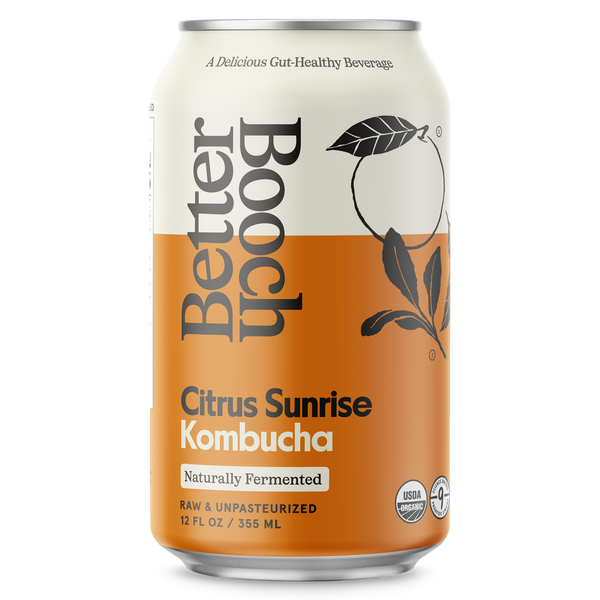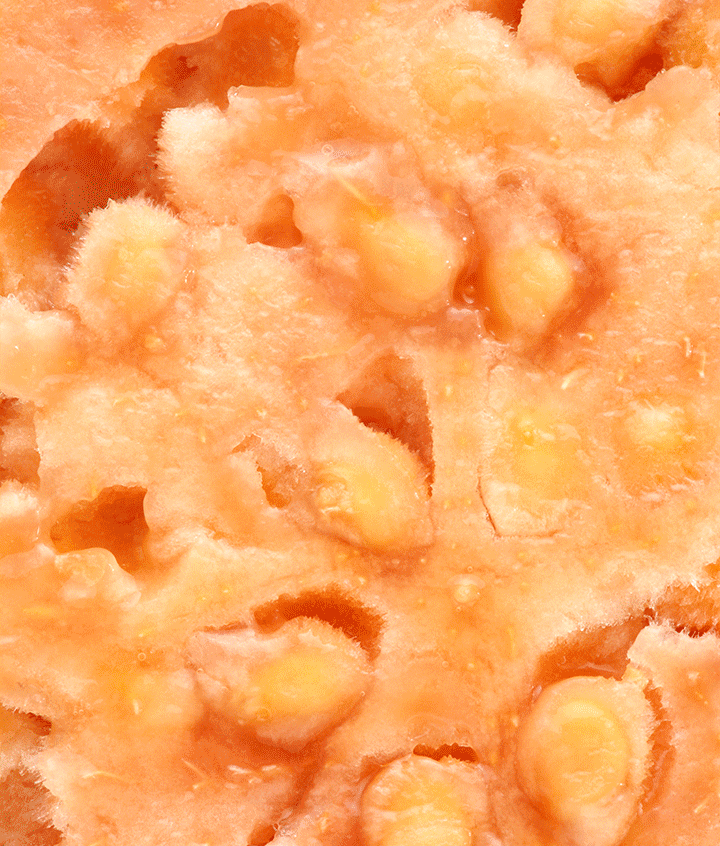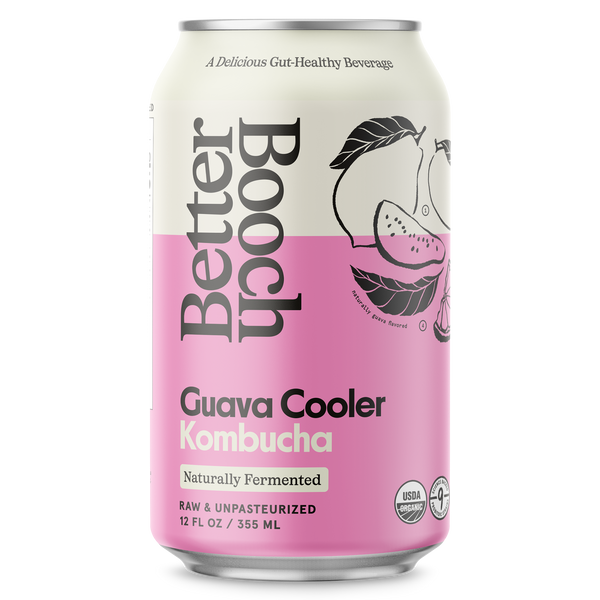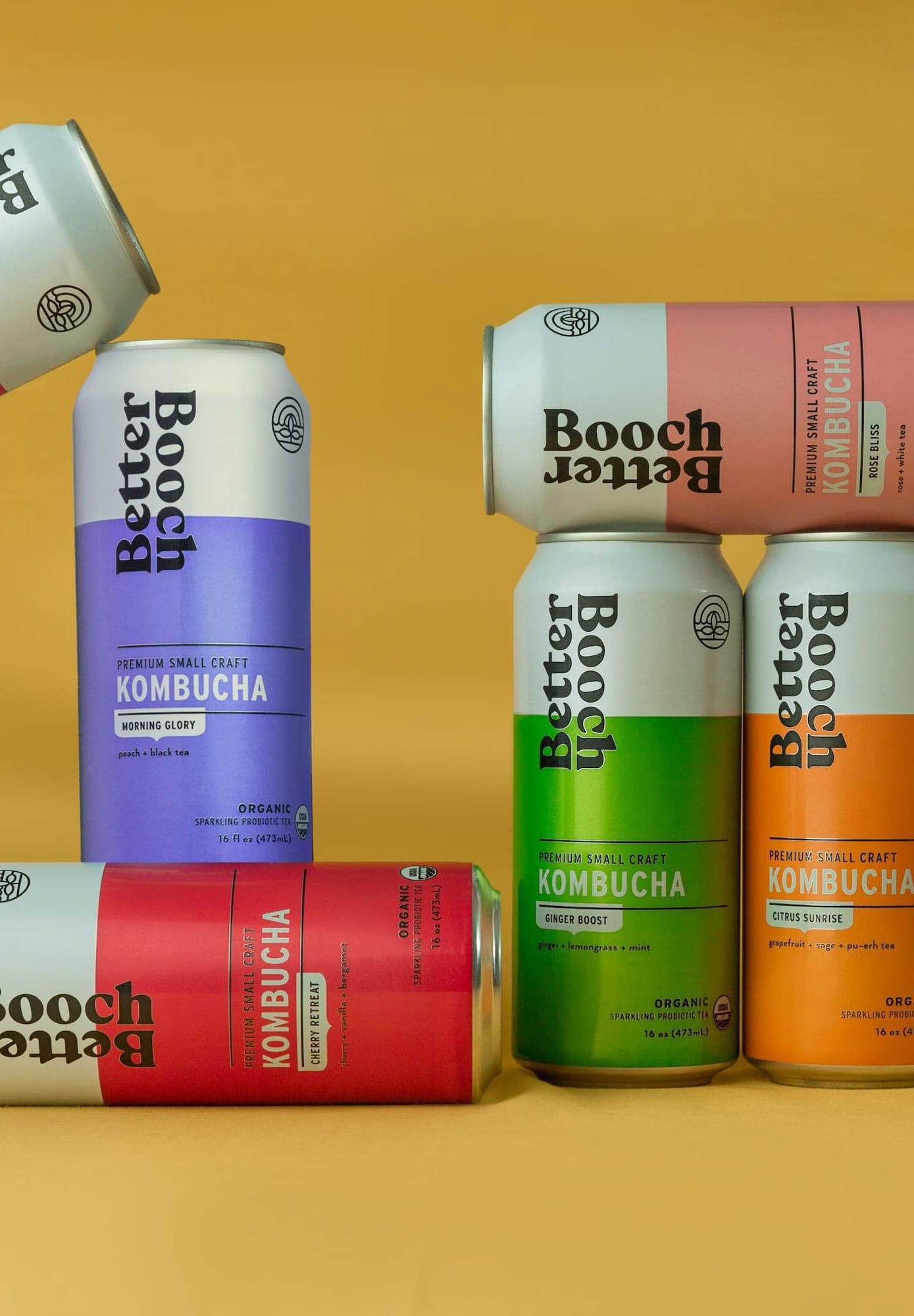If you've ever picked up a bottle of Better Booch and noticed "organic cane sugar" on our ingredient list, you might have wondered: "Wait, isn't kombucha supposed to be healthy? Why is there sugar in it?"
This is one of the most common questions we receive, and we're here to clear up any confusion. The presence of sugar in kombucha isn't just normal—it's absolutely essential to the entire fermentation process that places kombucha among the healthiest drinks on the planet.
SUGAR: THE ESSENTIAL FUEL FOR FERMENTATION
At Better Booch, we're committed to authentic fermentation. And here's the simple truth: without sugar, fermentation cannot happen. Period.
Sugar is the primary food source for the beneficial yeasts and bacteria (often referred to as a SCOBY - Symbiotic Culture of Bacteria and Yeast) that transform sweet tea into the tangy, fizzy, probiotic-rich kombucha you love. Think of sugar as the fuel that powers the entire fermentation engine.
When we list "organic cane sugar" on our ingredient list, we're being transparent about what goes into our initial brewing process. But here's where the magic happens—much of that sugar doesn't actually end up in your final drink.
WHAT HAPPENS TO SUGAR DURING FERMENTATION?
During the fermentation process, something truly remarkable occurs:
1) Sugar Transformation: The yeasts consume the sugar and convert it primarily into ethanol (a small amount of alcohol) and carbon dioxide (those delightful bubbles!).
2) Acid Production: Bacteria then transform the ethanol into various organic acids, including acetic acid (giving kombucha its characteristic tanginess) and gluconic acid.
3) Creation of Beneficial Compounds: This process creates B vitamins, antioxidants, and various other beneficial compounds.
By the time our kombucha reaches your glass, a significant portion of that initial sugar has been metabolized. The longer the fermentation, the less sugar remains in the final product.
HOW MUCH SUGAR IS LEFT IN BETTER BOOCH?
At Better Booch, we carefully control our fermentation process to achieve the perfect balance of flavor and function. Our kombuchas typically contain significantly less sugar than sodas, fruit juices, or many other flavored beverages.
Through our authentic, traditional fermentation methods, we ensure that our final product contains just enough residual sugar to be enjoyable while allowing the complex flavors of our ingredients to shine through.
WE USE ORGANIC CANE SUGAR SPECIFICALLY
Not all sugars are created equal when it comes to kombucha fermentation. We specifically choose organic cane sugar because:
- It provides clean, consistent fuel for fermentation
- It doesn't contain additives or preservatives that might inhibit fermentation
- It creates the best flavor profile in the finished product
- It aligns with our commitment to quality ingredients
Some kombucha companies might use alternatives like pasteurized juice concentrates as their sugar source, but we prefer the purity and reliability of organic cane sugar for optimal fermentation.
HOW TO SPOT "FAKE" KOMBUCHA
Here's something not everyone knows: if a kombucha doesn't list any sugar in its ingredients, it might not be authentically fermented at all. Some commercial products labeled as "kombucha" are essentially flavored, acidified tea with probiotics added afterward.
True kombucha—like Better Booch—requires sugar for fermentation. Companies that claim to make sugar-free kombucha from the start are likely not selling traditionally fermented kombucha at all.
THE BETTER BOOCH DIFFERENCE
Our commitment to authentic fermentation means:
- We use real sugar to fuel a real fermentation process
- We allow proper fermentation time for the SCOBY to work its magic
- We never use artificial sweeteners, which can't fuel fermentation
- We achieve the perfect balance of flavor and function
The result is a living product with naturally occurring probiotics, organic acids, and beneficial compounds that support gut health—not just a flavored tea with probiotics artificially added at the end.
A NATURAL PROCESS FOR BETTER GUT HEALTH
Remember, the fermentation process that requires sugar is the very same process that creates the diverse array of beneficial bacteria and yeasts that make kombucha so good for your gut. Without this natural fermentation, you'd miss out on the complex ecosystem of microorganisms that contribute to kombucha's health benefits.
At Better Booch, we believe in honoring the traditional fermentation methods that have made kombucha a wellness staple for centuries. We list sugar on our ingredients because we're committed to transparency and authenticity—and because we're proud of our naturally fermented brew.
Next time you enjoy a can of Better Booch, you can appreciate that the sugar listed on the label has largely been transformed into the tangy, bubbly, probiotic-rich elixir in your hand. It's not just an ingredient—it's the essential starting point of the beautiful fermentation journey.
Have questions about our fermentation process? We'd love to hear from you! Connect with us on social media or drop us a line through our contact page.
